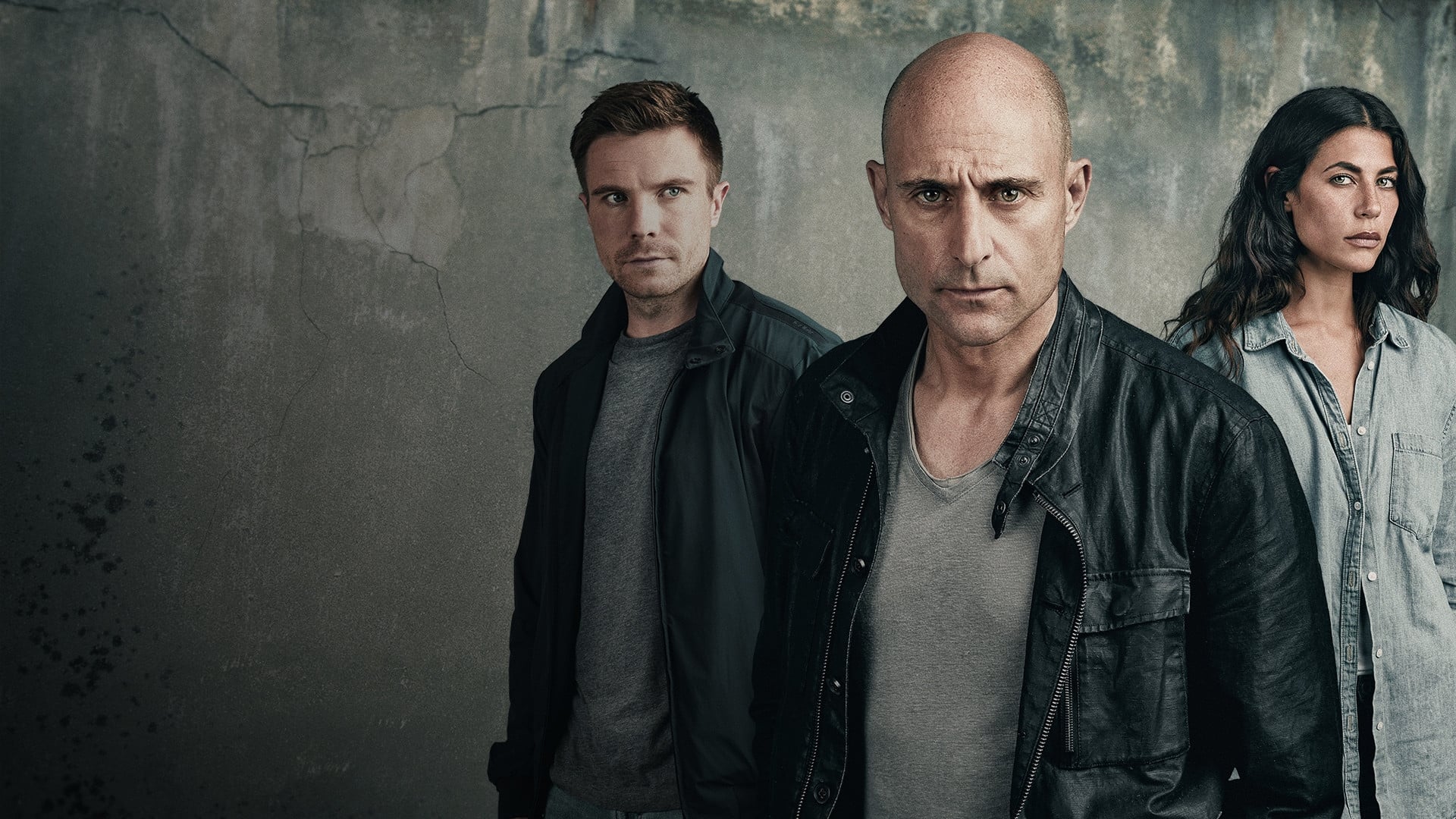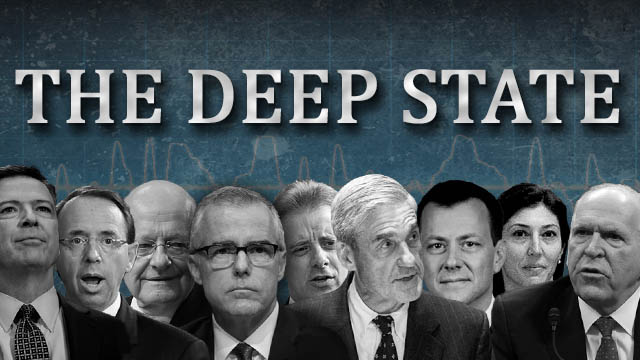

“Washington is the most important node of the Deep State that has taken over America, but it is not the only one,” argued Lofgren, who wrote a book on the subject before Donald Trump became president. Former congressional staffer Mike Lofgren, a top-secret security clearance holder and one of the early voices to develop the idea of a “Deep State” in America, refers to it as “a hybrid entity of public and private institutions ruling the country.” He is right, in a sense, to point at Wall Street. Other analysts have pointed - quite properly - to elements of the Big Business community and Wall Street in particular. Of course, much of what has been referred to amid the Trump era as the “Deep State” is merely part of the government - the legions of entrenched Big Government bureaucrats and especially the Central Intelligence Agency (CIA), the National Security Agency (NSA), and other secretive agencies. And it is especially relevant when trying to understand the bureaucratic and intelligence community components of the “Deep State,” and more importantly, the “ Deep State Behind the Deep State.” This shadowy network, which is barely concealed at this point, includes secret societies such as Skull and Bones and the Bohemian Grove, as well as less-secretive organizations such as the Council on Foreign Relations, the Trilateral Commission, and the Bilderberg meetings. It may sound cliché, but there is a great deal of wisdom in the old saying about catching criminals: “Follow the money.” That advice applies as much to catching small-time petty thieves as it does to big-time global crime syndicates. Nicole Hemmer is a Fairfax columnist based in the United States.Article audio sponsored by The John Birch Society More than that: it helps advance a conspiracy theory that not only misleads Americans about how their government functions, but helps wean them away from a reliance on fact-based reporting - very thing the Times was created to defend. But to offer the cloak of anonymity without demanding details about genuine resistance to Trump is to get the short end of the stick. To be sure, there is something titillating about the insider voice. Which is why it’s a bit of mystery why The New York Times ran it. The op-ed instead added fuel to the fire of the deep-state conspiracy, while offering nothing of value to the rest of us. The piece itself was instead about preening, making the case for the “unsung heroes” of the Trump administration: the people working every day to carry out his agenda, and who, occasionally, ignore his more immoderate statements. Trump’s capriciousness has been thoroughly reported. The op-ed taught us none of this, of course. The situation described in the op-ed hardly suggests a deep-state coup is under way. And every time he followed their script, he immediately doubled down on his original idea, whether on trade or foreign policy or the inherent righteousness of the white nationalists who marched in Charlottesville, Virginia last year. Throughout the campaign, advisors tried again and again to rein in Trump. That has not, however, resulted in any real steadiness. They have a lot of items on their conservative wish list, and it would be so much easier to check those items off if they didn’t have to spend a fair amount of time managing the President. Officials unhappy with Trump’s lack of discipline undoubtedly dream of a steadier state. The official is right: this is not the work of the so-called deep state.īut it’s not the work of the so-called steady state either. And while it is indeed worrisome that the president is so easily manipulated, those events hardly amount to a rogue government operating out of sight.

The official describes episodic interventions, usually in the form of hiding a piece of paper or distracting the easy-distractible Commander in Chief. Of course, the situation described in the op-ed hardly suggests that a deep-state coup is under way. And his base, trained to demonstrate their support by parroting his claims, has gone all in. What is different with the Trump administration is that the president himself is promoting the deep-state conspiracy, presenting himself as an embattled man of the people, punished for his attempts to drain the swamp. Senator Joe McCarthy made his career peddling such theories.

Nor are Trump supporters the first to wring their hands about a deep-state conspiracy. Battles between Andrew Johnson and his secretary of war, Edwin Stanton, grew so rancorous that Johnson was ultimately impeached (though not convicted).

Trump is, of course, not the first president to face dissension in the ranks.


 0 kommentar(er)
0 kommentar(er)
